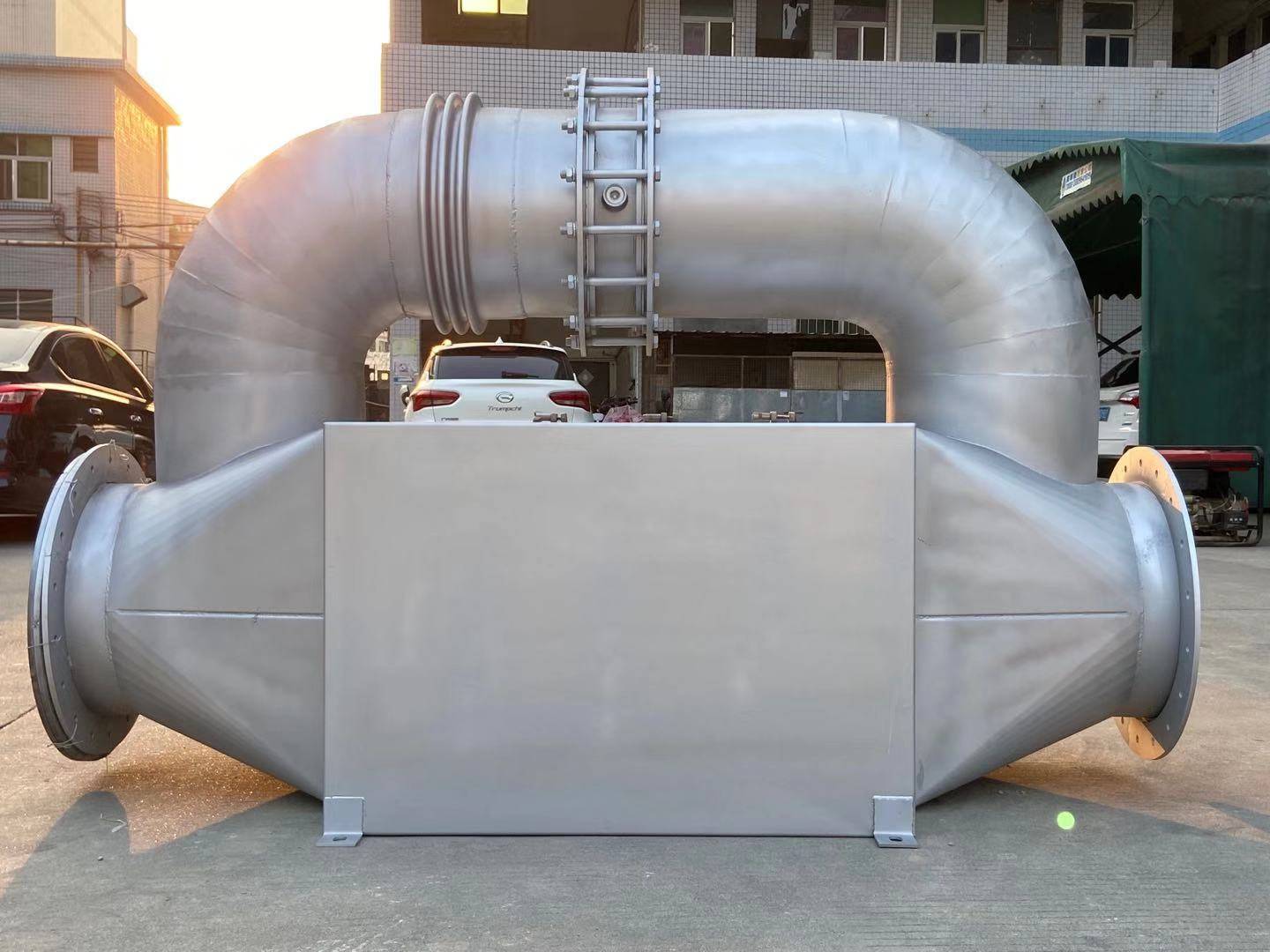Denitrification -NOx exhaust gas treatment is an industrial process that aims to reduce nitrogen oxide (NOx) emissions produced during combustion. NOx is a harmful gaseous pollutant that has a negative impact on the environment and human health. Through denitrification technology, NOx emissions can be effectively reduced, thereby reducing air pollution.
Denitration technology usually consists of two main steps: selective reduction and catalyst regeneration. In the selective reduction process, the nitrogen element in the fuel reacts with the reducing agent to form nitrogen and water vapor. This reduction reaction requires the use of specific reducing agents, such as ammonia or ammonium salts, to achieve highly selective reduction of nitrogen oxides.
Catalyst regeneration is the process of removing impurities that do not participate in the reaction from the reducing agent. This can be done by heating and cooling the catalyst to reactivate the active site within it so that the reduction reaction of nitrogen oxides can again be carried out.
Denitration -NOx exhaust gas treatment has a wide range of applications, including coal-fired power plants, steel production, petrochemical and other industries. By implementing denitrification technologies, these industries can reduce emissions of atmospheric pollutants, improve air quality, and protect the environment and human health.
However, denitration technology also faces some challenges and limitations. First, the use of reducing agents can lead to increased energy consumption and higher costs. Secondly, some by-products may be produced during the selective reduction process, such as sulfur dioxide (SO2) and carbon monoxide (CO), which also require subsequent treatment. In addition, wastewater and solid waste may be generated during the catalyst regeneration process, causing secondary pollution to the environment.
To overcome these challenges, researchers are constantly developing new denitrification technologies and methods. For example, the development of new catalyst materials to improve catalyst activity and stability; Exploring more efficient reducing agent combinations to reduce energy consumption; Research advanced wastewater treatment technology to minimize the generation of by-products, etc.
All in all, denitration – NOx exhaust gas treatment is an important environmental protection technology, to reduce air pollutant emissions, improve air quality and environmental protection is of great significance. With the continuous development and improvement of technology, denitrification technology is expected to play a greater role in the future.
Post time: Nov-29-2023

